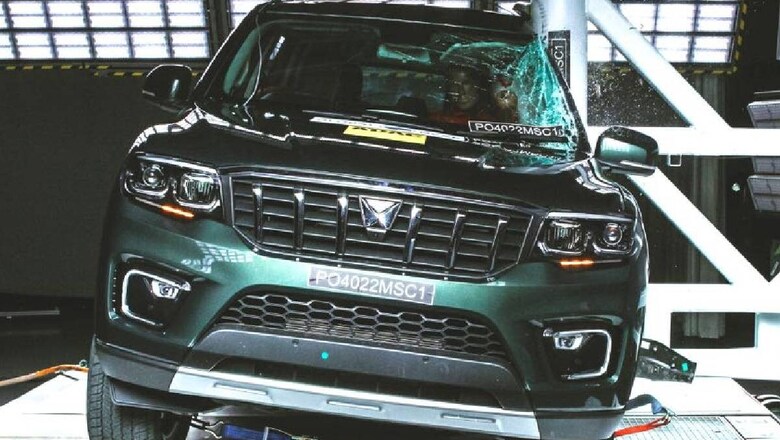
views
Under India’s first car-safety rating programme, more than three dozen cars, largely from Japanese, Korean, and Indian manufacturers, will begin crash testing on December 15, 2023.
The Bharat New Car Assessment Programme, or Bharat NCAP, was launched in August 2023 in India. It is based on the Global NCAP and modified for Indian requirements. The objective of this initiative is to raise the national automotive industry’s safety standards.
As per The Economic Times (ET), the Bharat NCAP went into effect on October 1, this year, but the safety standard tests will not begin until after Diwali in December, according to a government official, who cited festive holidays as the reason for the delay. “Even though the safety ratings are not mandatory, we have got an excellent response from the car manufacturers, and all of them are vying for a five-star rating,” the official added, as per ET.
In order to ensure structural safety, India now enforces obligatory crash test standards for cars. Three factors are used to determine a car’s BNCAP rating: safety assist technologies (SAT), adult occupant protection (AOP), and child occupant protection (COP).
The Center-designated agencies will require automakers and importers to submit an application on Form 70-A. The cars will be rated by the authorities using the Automotive Indian Standard (AIS) star system, which goes from zero to five, depending on how well they do in the testing.
Meanwhile, another government official stated that Tata Motors is the first firm to have applied for the BNCAP rating. Additionally, the company’s recently launched Harrier and Safari will be the first to go through crash testing, the official said.
Hyundai Motor India and Maruti Suzuki India will each submit three vehicles, while Mahindra and Mahindra will send four. The names of the cars that will be tested will be disclosed at the right time, according to spokespeople for these firms. The testing agencies will choose three units of each model’s basic variation in accordance with the GNCAP standards.
On the other hand, European carmakers such as Stellantis Group, Renault India, and Skoda Auto Volkswagen India are delaying getting their vehicles safety-rated at this time.
While some reportedly indicated they had yet to decide which models they wanted to be assessed for safety, others said their models have already been awarded safety ratings by Global NCAP and would not opt for BNCAP ratings right now, according to persons familiar with these businesses’ intentions. Furthermore, these companies’ spokespeople declined to respond.












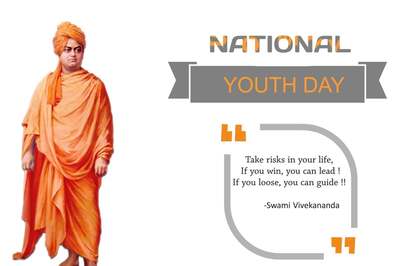


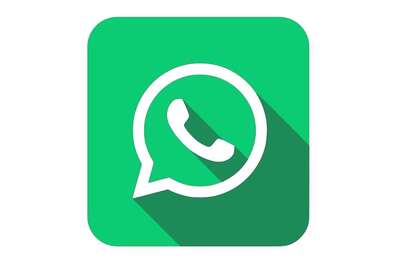
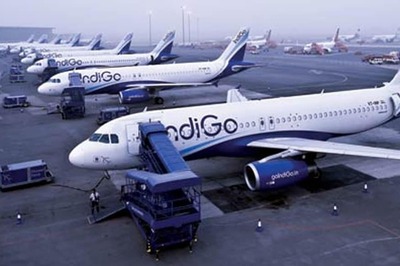
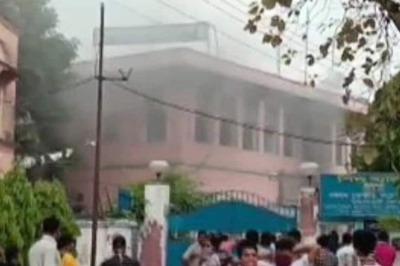
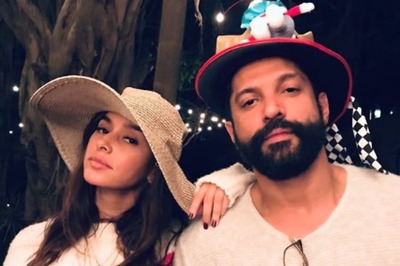
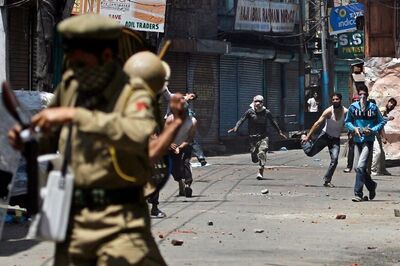
Comments
0 comment